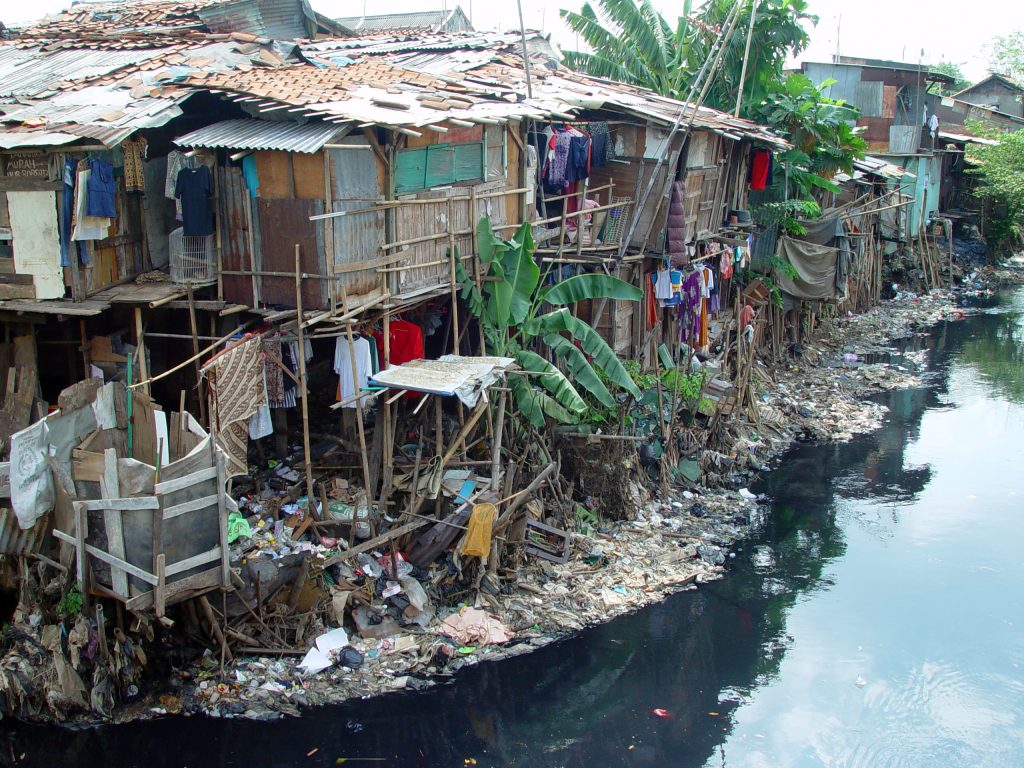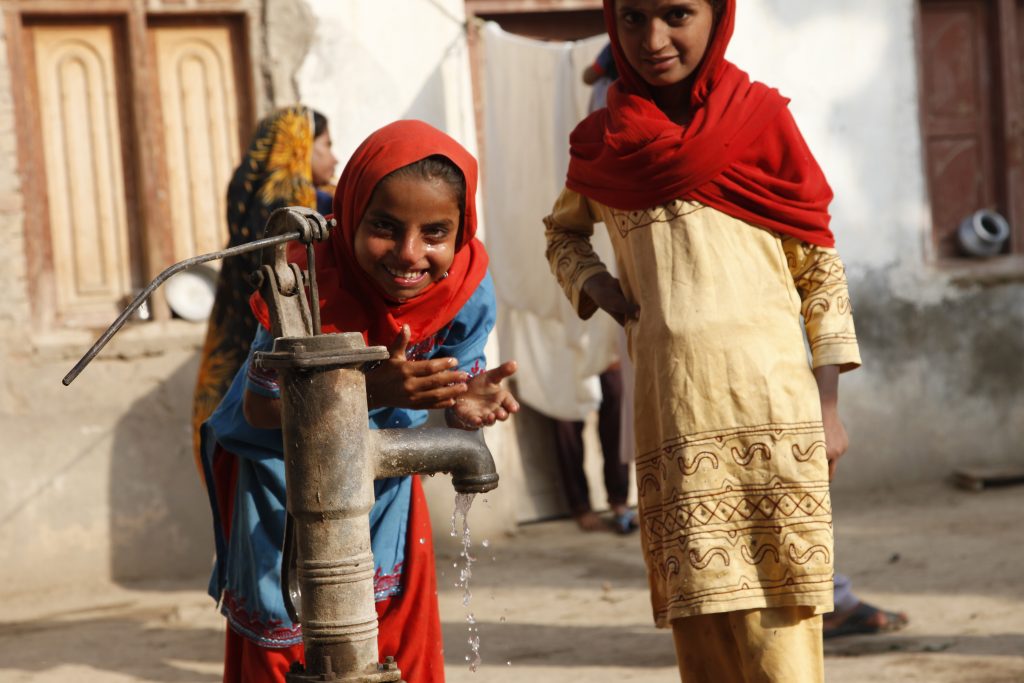
Every year, Morgan Stanley runs the Sustainable Investing Challenge, which gives students a platform to create sustainable and profitable solutions to varying world problems.
The organization’s study defines sustainable investing as “the practice of making investments in companies or investments which aim to achieve market-rate financial returns while pursuing positive social and/or environmental impact.”
This year, out of 340 students from 64 schools and 21 different countries, Harvard Business School and Harvard Kennedy School students are represented in the top ten finalists. They will be presenting their strategy on April 15th in Hong Kong with students from the London School of Business, University of Southern California’s Marshall School of Business, Hong Kong University of Science and Technology Business School, Northwestern University’s Kellogg School of Management, amongst others.
The Harvard team members are Xavier Azcue, Barr Even, Francisco Guarisse and Rebecca Scharfstein. Together they have a cumulative background in consulting, finance and nonprofit management.

They will be presenting a strategy called the Agua Potavel Infrastructure Fund, which proposes supporting a public-private infrastructure fund to provide households with clean water and sewage treatment in Brazil.
The current need for clean water and sewage treatment infrastructure extends beyond Brazil and affects developing countries in Africa, Asia, and South America.
Currently, 780 million people do not have access to clean water and close to 2.5 billion people do not have adequate access to modern sanitation. For the most affected countries, girls typically provide the water for their families, walking an average of 6 miles to the source. Due to their responsibilities, most of them do not get an adequate education which further exacerbates societal inequalities.
The anticipated outcomes of the Harvard team’s strategy would include:
- Fewer hospitalizations due to gastrointestinal diseases caused by contact with human waste.
- Reduced soil and water pollution, leading to improved health and environmental outcomes.
- Decreased work absenteeism due to improved health care, thereby increasing productivity rates.
- An increase in the percentage of female literacy.
- A significant reduction in the number of deaths for children under the age of 5.

According to a February 2015 report by the Morgan Stanley Institute for Sustainable Investing, data suggests that 71% of individual investors are interested in Sustainable Investing, with females and millennials leading the way. The demand for social responsibility in investment decisions is rising and this presents new opportunities which are no longer deemed unprofitable. Recent research done by the WHO indicates that for every dollar invested in both water and sanitation, there is an economic return between $3 and $34 based on the region. Creating a sustainable and profitable template that works in Brazil, this same strategy would have a positive effect in the developing world. The Agua Potavel Infrastructure fund team believes in a mission that is greater than simply financial gain as they have effectively bundled a package that delivers on profits and aids with poverty alleviation. We wish them the best of luck!
Natasha Larsen runs operations at the Harbus and previously worked as a Teaching Fellow at Harvard University. She spends her spare time reading books on social entrepreneurship, honing her culinary skills, drinking tea at coffee shops and travelling the world, while dancing to 90’s pop music. You can follow her on Instagram @Natboston.

Established in 1937, The Harbus News Corporation is the independent student news publisher of Harvard Business School.



